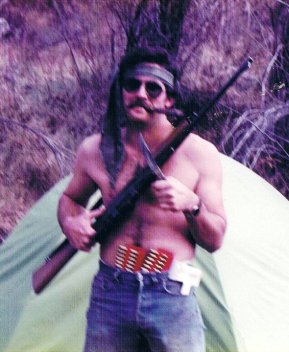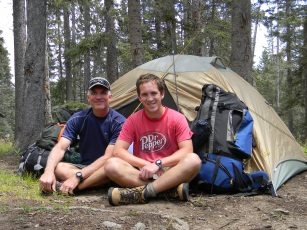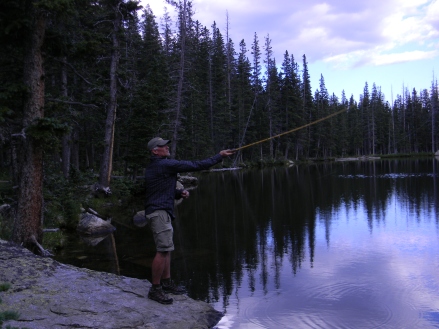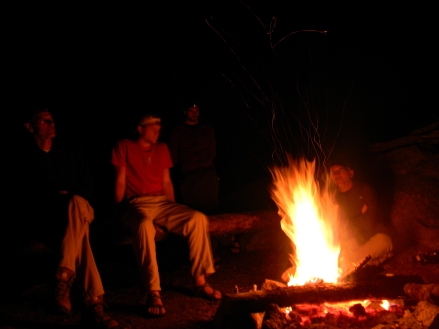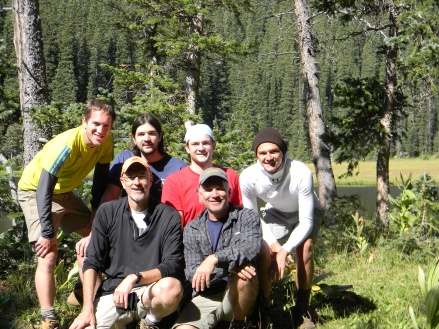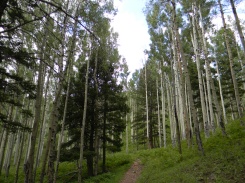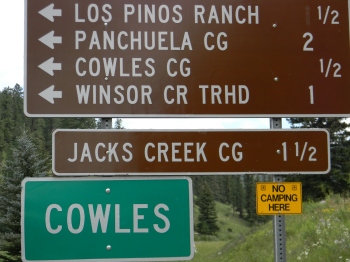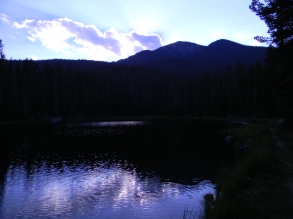“You have won, O Galilean”
Emperor Julian, after his failed attempt to reverse the official endorsement of Christianity by the Roman Empire.
“No, you certainly can’t.”
John F. Kennedy to Nellie Connelly, wife of Governor John Connelly, who commented, “You certainly can’t say that the people of Dallas haven’t given you a nice welcome, Mr. President.”
“Thomas Jefferson survives…”
Former U.S, president John Adams, commenting on his former political nemesis (actually, Jefferson had died earlier that same day).
“Is it the Fourth?”
Former president Thomas Jefferson (he and John Adams died on July 4, 1826).
“I am about to—or I am going to—die: either expression is correct.”
Dominique Bouhours, French grammarian, d. 1702
“Go on, get out! Last words are for fools who haven’t said enough.”
Revolutionary Karl Marx to his housekeeper, who urged him to tell her his last words so she could write them down for posterity.
“Father, into your hands I commit my spirit.”
Jesus Christ (Luke 23:46)
My (Not-So-Famous) Last Words
At the risk of sounding overly dramatic, this blog post is the final post, at least in this format.
January 1, 2010, I launched A Daily Bible Conversation, inviting family, friends, and anyone else who might be interested, into reading through the Bible in a year. Within weeks, readers from all over the world were responding to my invitation.
People like Elna Dreyer became friends, although she lived on the other side of the world in South Africa. Murray Downie from Australia joined in on the conversation. Soon, the blog attracted readers from Saudi Arabia, Bolivia, and England and beyond.
And my world grew smaller.
A Quick And Easy Way To Burn Out
Reading through the Bible together was fascinating, but by June of that year, I was running out of steam. Try writing 800 words a day 150 days in a row. That’s insane!
Fortunately, my co-pastor Eugene Scott came to the rescue. He offered to write two days a week and advised me to combine Saturday and Sunday. Suddenly, writing four days a week became much more manageable.
By the end of the year, I had written around 360,000 words. That’s the equivalent of over seven books! I also wrote a book with an author that year, which brought my total to eight books. Ridiculous.
The next year, Eugene and I decided to rename the blog The Neighborhood Café and write once a week. Then we added other writers who contributed once a week. Thanks Michael Gallup and Brendan Scott!
Two Options For The Future
As this last summer progressed, Eugene and I discussed our dreams for taking the blog into the future. After realizing we wanted to move in different directions, we amicably decided to bring this blog to a close and follow our dreams.
Eugene’s blog is entitled Living Spiritually. If you’d like to subscribe, click here. Thank you, Eugene, for pulling me out of the deep waters when I was drowning in blog posts. You are a valued colleague and friend.
After today, I’m inaugurating a new blog which I’m calling God Meets Culture. The purpose of the blog reflects the title: discussing the intersection of God and culture. I’ll offer various thoughts on the subject as well as a book, video, quote, or website of the month.
As time progresses, I’ll offer resources for aspiring writers as well.
To subscribe, click here and then click on “Follow blog via email” in the right-hand column. Please bear with me as I pull the website together.
Thank you for taking the time to read my ramblings. Hopefully in some way they made a difference in your life.
Michael J. Klassen
Michael co-pastors The Neighborhood Church in Littleton, Colorado with Eugene Scott.





